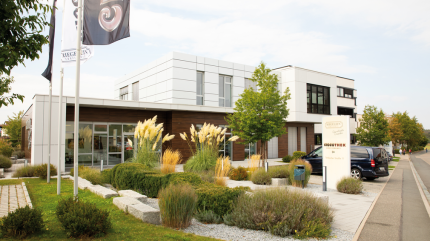
German chocolate producer Gubor Group is to shut a factory in the southern town of Cadolzburg next year.
According to the confectioner, the facility has seen “significantly reduced capacity utilisation and considerably increased costs” in the last four years.

Discover B2B Marketing That Performs
Combine business intelligence and editorial excellence to reach engaged professionals across 36 leading media platforms.
As a result, the Cadolzburg plant is to be shut down by the end of April amid a “comprehensive realignment” that will see the relocation of production lines to the group’s other manufacturing sites.
Gubor said production lines at Cadolzburg are “already operating at irregular capacity”, leading to idle times, higher fixed costs and a “further decline in competitiveness”.
The group operates six plants – five in Germany and one in Poland.
Earlier this year, Gubor announced a “merger” with fellow European confectioner Colian.

US Tariffs are shifting - will you react or anticipate?
Don’t let policy changes catch you off guard. Stay proactive with real-time data and expert analysis.
By GlobalDataThe combined entity operates 12 production across Germany, Poland and Ireland. After the closure of the Cadolzburg plant in April, that number will drop to 11.
The factory manufactures chocolate-hollow figures and confectionery gifts sold in “numerous countries” worldwide, a spokesperson for Gubor said.
The wider Cadolzburg site will also remain an “integral part of the group with its cross-plant functions” such as purchasing, marketing, sales and IT.
Gubor did not disclose how many jobs would be impacted as a result of the plant closure.
In a statement, Gubor managing partner Claus Cersovsky said: “Despite intensive efforts, we have not been able to stop the decline in demand that has been ongoing for years.
“Rising prices for raw materials and energy, increasing international competition and the necessary passing on of price increases to our customers have led to a significant reduction in our orders.
“A market recovery is not currently foreseeable. As a result, we must adapt the production capacities of our group of companies to market requirements.”





